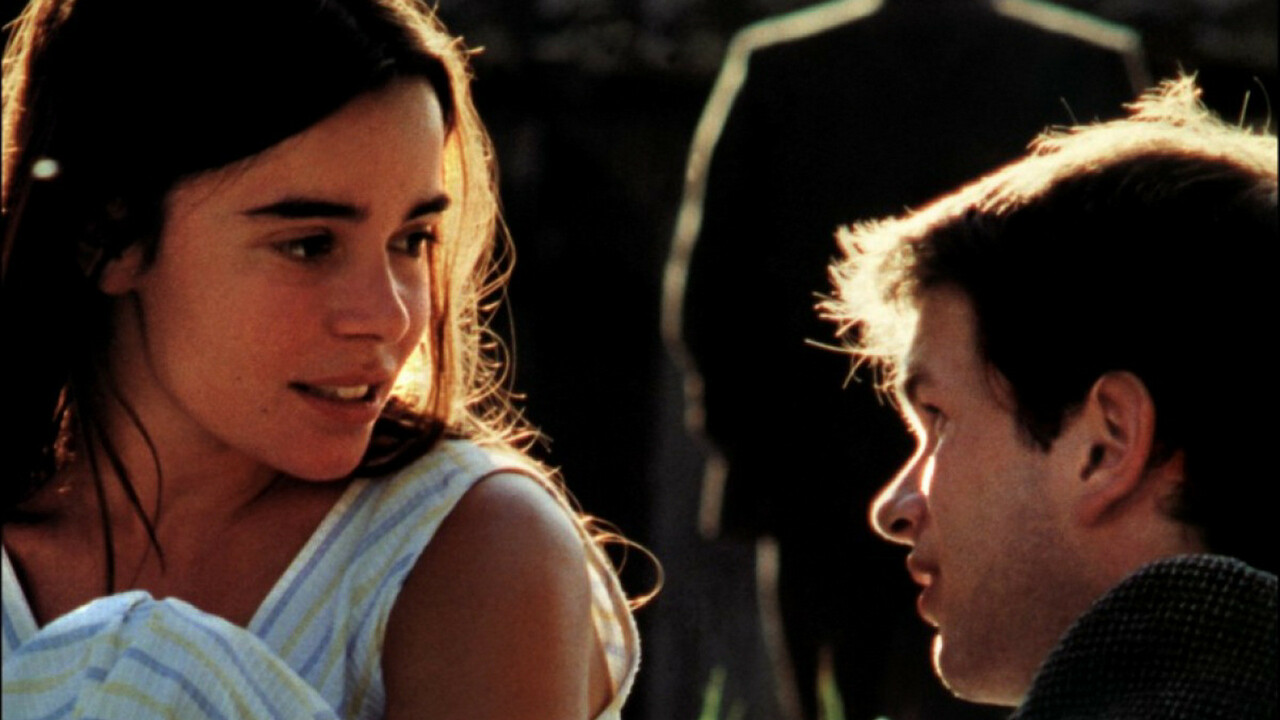The Wild Reeds may be André Téchiné's most complete-seeming film, dramatising the impact French activity in Algeria had on an entire generation coming of age at the turn of the 1960s. At its centre is a love triangle between three teenage students at a provincial boarding school, and the young woman kept at its perimeter until she loses her innocence to one of this triangle's corners. The bright, mousy pansexual François (Gael Morel) already has local beauty Maïté (Élodie Bouchez) giving up her heart to him. He, however, is distracted - perhaps confused is the better word - by the proximity of two dark, brooding outsiders who collectively seem to reveal that Téchiné has a type: the rebellious, priapic farmer's son Serge (Stéphane Rideau), who has a brother fighting in Algeria, and the older, more serious Henri (Frédéric Gorny), rarely seen without a radio at his ear, who was born in Algeria, and proves more sensitive to what's happening back in his homeland than anybody else around him.
Later Téchiné films would succumb to grand gestures, but this one succeeds simply by paying close attention to the pivotal moments in the lives of its young leads: among other things, it's a memento of a time when you could walk home from a Bergman movie in the late afternoon sunlight and drop in at a party where everyone's doing the Twist. (Though the film's unofficial theme, in fact, is Del Shannon's "Runaway": it's nothing if not thorough in its pursuit of faces, places and temps perdus.) If Jeanne Lapoirie's cinematography serves as a working definition of the phrase "sunkissed", that's not solely for superficial reasons (though, yes, there's a fair bit of tops-off action); it also lends definition to the lengthening narrative shadows. The action's a mix of gorgeous lakeside days and sneaking in and out of dorms by night, and the film's vividness stems partly from that contrast, partly from the attuned young performers, who demonstrate a touching smalltown naivety, while handling Téchiné's reams of dialogue in a staggeringly mature fashion. These kids might now seem too reflective to convince as budding adolescents, more inclined as they are to talk about their hormones than they are to act upon them. (Then again, they were raised on Bergman.) Yet young or old, these characters keep having sneaking moments of realisation; from the masterly opening wedding setpiece (a formal introduction to lives on the brink of change) to the final afternoon at the river (with its skinnydipping for the psyche), Téchiné is alert to each and every one of them.
The Wild Reeds is not presently available in the UK.

No comments:
Post a Comment